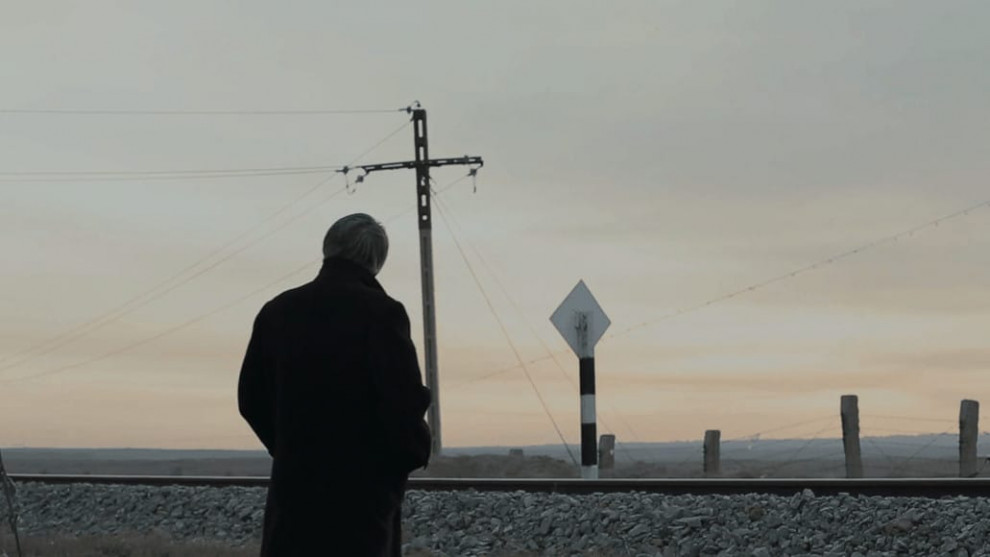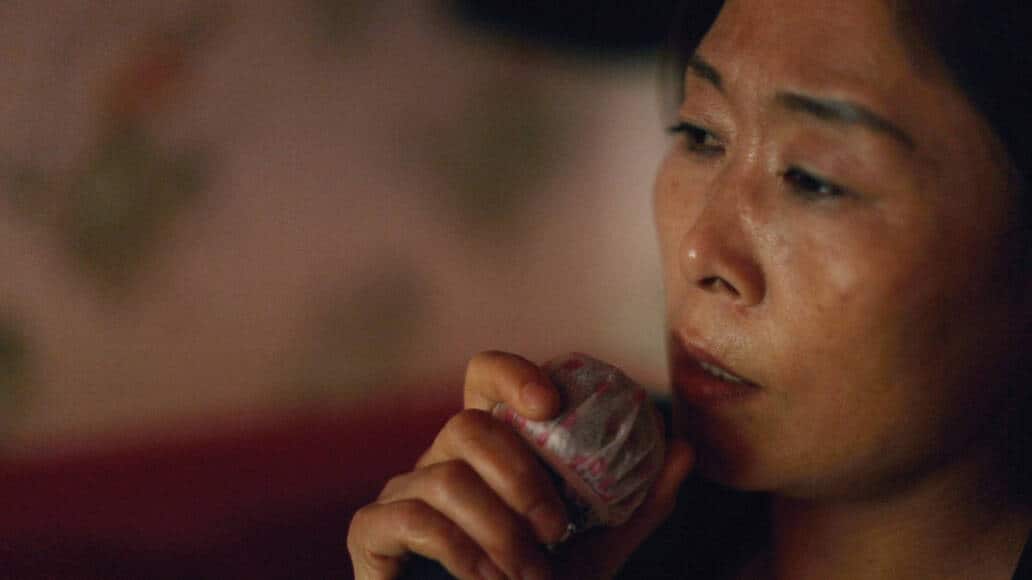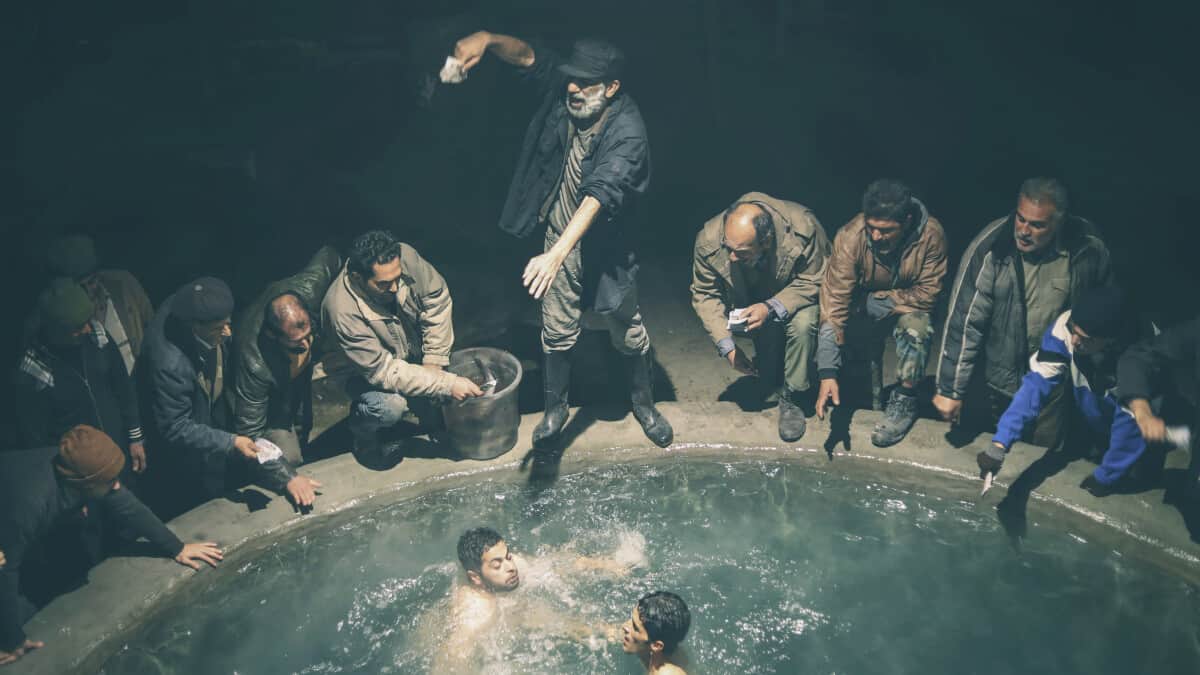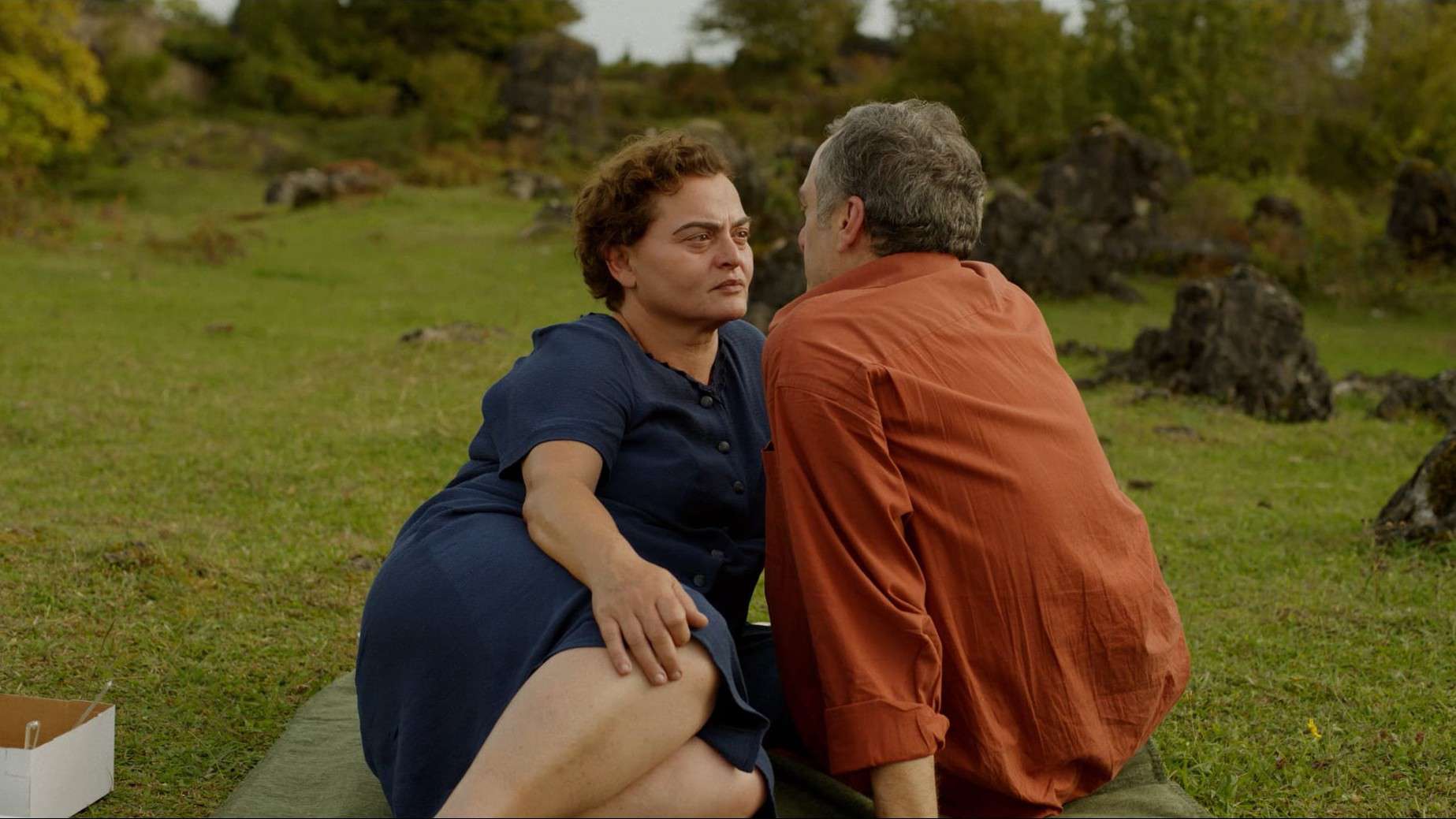Due to the rapid pace, characteristic of the era of globalization, only in retrospect we fully comprehend the consequences of certain events on our lives and the world we live in. While the 2008 financial crisis could be felt directly with the bankruptcy of banks and the US housing crisis, the amount of distrust and frustration many people still feel today has to be considered within the framework of such events. The increase of people searching for an alternative to politics which have let them down, have not served them right, is one of the lasting, and most significant repercussions of 2008 as well as the following years, and the aftermath has only just begun.
“A Harsh Transition” is screening at
Chinesisches Filmfest München (Munich)

In order to help us understand the events of that year and their consequences, narratives may provide an approach for many of us. The story in a documentary such as “A Harsh Transition”, directed by Chinese filmmakers Li Juan, Wen He and Cao Chenhui, attempts to serve as an example of how China, but perhaps even many companies, institutions and people have been affected by the financial crisis.
However, at first the story takes us back to the 1950s, when China sent the majority of its intellectual elite into the Gobi desert in order to support the development of nuclear energy. Companies, for example, HYTD, which the film focuses on, concentrated on the technology, chemicals and overall infrastructure needed for the enterprise. HYTD became one of the biggest manufacturers for titanium dioxide, resulting in the company's economic success. Additionally, the surroundings of the company – the structure of the living quarters for the workers' families and the salary – made it one of the most attractive employers for people working in the field.
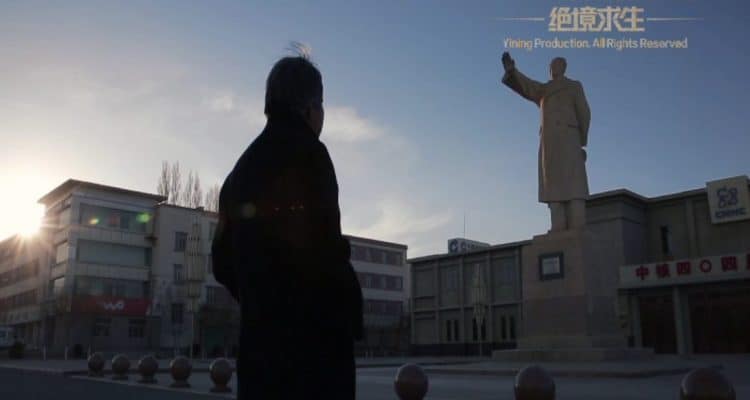
When finally the consequences of the financial crisis could be felt in China in 2009, the structure of the company deteriorated quickly. Through the use of archival footage, interviews with representatives, stockholders and former employees, the directors create a chronology of the events which resulted as the danger of bankruptcy drew close.
At first glance, a documentary like “A Harsh Transition” poses quite a challenge to the viewer through its very fact-based and subject-specific approach. Especially the experts in the interviews as well as the occasional voice-over narration use at times a highly technical vocabulary from the field of finances and economy, which makes it sometimes hard to follow certain developments presented in the film. At the same time, you have to respect the director's attitude to choose a more authentic, perhaps more technical approach instead of simplification.
However, despite the aforementioned characteristics, the film always emphasizes the human factor in these statements and events. Perhaps one of the most visually impressive sequences shows the now abandoned living quarters of the workers, a former symbol of hope and wealth which has now become a place looking as desolate as the Gobi desert that surrounds it. In combination with the interviews, we are constantly reminded of the stakes and risks behind the calculations and negotiations the film also shows: the possibility of rescuing this business is also the possibility of protecting a standard of living. In that regard, “A Harsh Transition” may serve as a story not just about a company and its workers, but also about a country and its people.
“A Harsh Transition” is a complex, often challenging documentary about globalization, the financial crisis and its consequences. Following the example of one company, the directors deal with the hopes and dreams of people, and how they had to be changed or adapted as the political and economical framework failed those it swore to serve.


